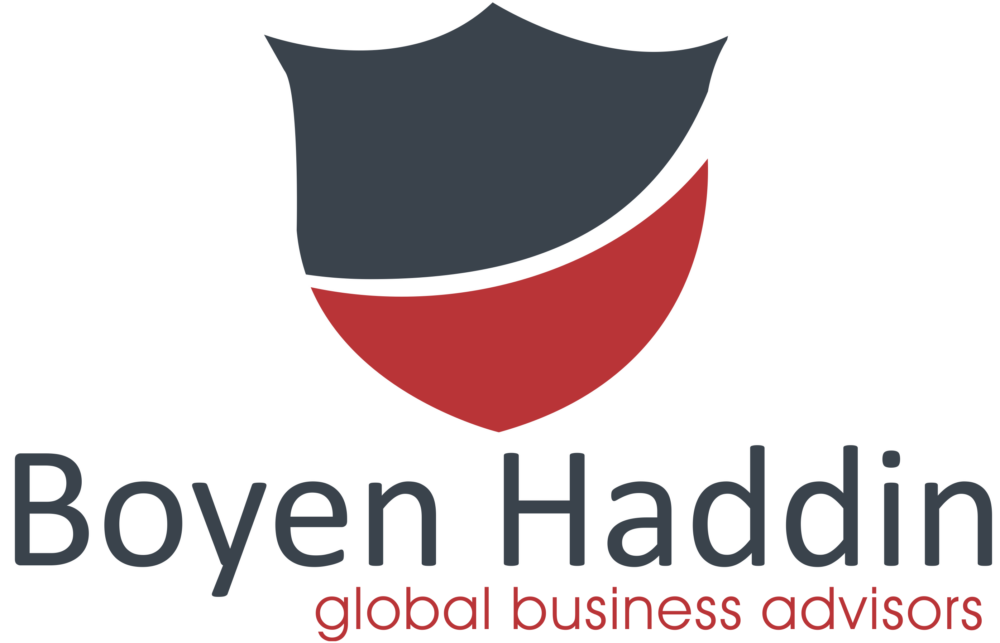Evolving Role of Supply Chain Leaders in Private Equity
Private equity firms are increasingly recognizing the pivotal role that supply chain leaders play in shaping the success of their investments. As supply chain dynamics evolve, so does the role of these leaders in driving operational efficiencies, enhancing value creation, and managing risks. Let us understand one of the most difficult questions. Is Your Board Prepared? The pandemic has expedited the recognition of supply chain challenges at the Board level. However, well before the pandemic’s onset, supply chain leaders within private equity portfolio companies had already been reporting to the CEO and had held positions within the Board of Management. Particularly noteworthy is the significance attributed to the Director Supply Chain and its function, which consistently forms a crucial component of a private equity firm’s investment strategy. The role of Supply Chain is regarded as one of the top five positions that a PE fund prioritizes when restructuring the existing management team. Financial expertise and the ability to translate supply chain strategies into tangible enterprise value are key competencies that funds emphasize when seeking to recruit talent for their portfolio enterprises.
In this blog post, we will delve into the evolving role of supply chain leaders within the private equity landscape, highlighting their strategic contributions and challenges.
Due Diligence and Operational Assessment: Supply chain leaders are instrumental in the due diligence process of potential investments. They analyze the target company’s supply chain operations, identifying potential areas of improvement and evaluating risks. Discover how supply chain leaders assess the efficiency, scalability, and resilience of supply chain networks to inform investment decisions.
Value Creation and Performance Improvement: Post-acquisition, supply chain leaders contribute to value creation by optimizing operational performance. They identify cost-saving opportunities, streamline processes, and implement best practices. Learn how supply chain leaders collaborate with portfolio companies to enhance supply chain visibility, reduce lead times, and improve overall efficiency.
Risk Management and Resilience: Supply chain disruptions can impact an investment’s performance. Supply chain leaders work to mitigate risks by building resilient supply chain strategies. Explore how these leaders develop contingency plans, diversify suppliers, and implement risk management frameworks to ensure business continuity in the face of disruptions.
Strategic Alignment and Integration: Supply chain leaders play a critical role in aligning supply chain strategies with the broader goals of the private equity firm and portfolio companies. Discover how they collaborate with executive teams to integrate supply chain considerations into overall business strategies, ensuring a cohesive approach to growth and value creation.
Innovation and Technology Adoption: Technological advancements are transforming supply chain operations. Supply chain leaders leverage innovations such as data analytics, AI, and automation to optimize processes and enhance decision-making. Learn how they drive the adoption of technology to achieve greater efficiency, visibility, and responsiveness.
Talent Development and Organizational Culture: Supply chain leaders shape the talent pool within portfolio companies, ensuring the right skills are in place to execute supply chain strategies. Explore how they foster a culture of continuous learning, mentorship, and collaboration to empower teams and drive innovation.
Private Equity Funds are available for backing: In contrast to the prevailing perception that private equity firms primarily focus on short-term, transactional cost optimization, numerous portfolio supply chain leaders have expressed a different reality. They emphasize that private equity firms often display a willingness to invest in pertinent systems and broader tool enhancements, provided these improvements yield a clear and tangible return on investment at the enterprise level. This inclination holds true even when such investments are part of a medium-term strategic approach. Within this context, the imperative for private equity (PE) supply chain leaders to possess a “value creation” mindset and a robust understanding of business dynamics becomes paramount in cultivating successful relationships. While private equity funds offer the advantage of enhancing procurement and supply chain functions, achieving these enhancements necessitates that the supply chain leader possesses a substantial dataset that effectively demonstrates the business’s return on investment. This is particularly significant when these leaders assume responsibility for underdeveloped, disjointed, or underperforming procurement teams. In essence, the ability to substantiate the impact of supply chain improvements through data-driven insights becomes a vital skill.
In Conclusion: Overall, the prevailing notion that private equity solely pursues short-term gains does not align with the reality observed by many supply chain leaders. These leaders acknowledge that private equity firms are willing to invest with a broader vision, focusing on long-term enterprise returns and recognizing the importance of a well-informed, strategic approach to supply chain enhancements. The role of supply chain leaders within the private equity landscape is evolving to become increasingly strategic and integral to achieving successful investments. As private equity firms navigate complex supply chain challenges, the expertise and insights of supply chain leaders will continue to be a key asset in unlocking growth, enhancing profitability, and ensuring the success of their investments.
Industry Expertise
For Continous updates on Top Jobs follow us on Linkedin










